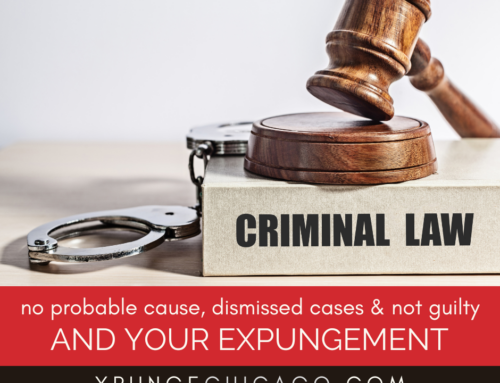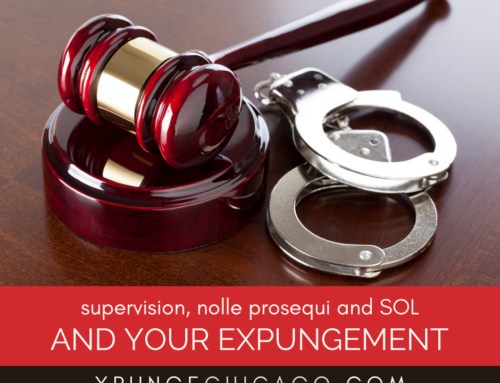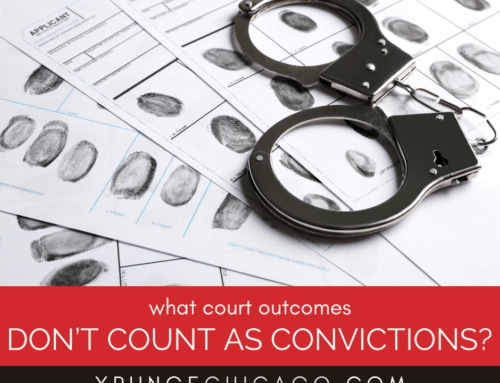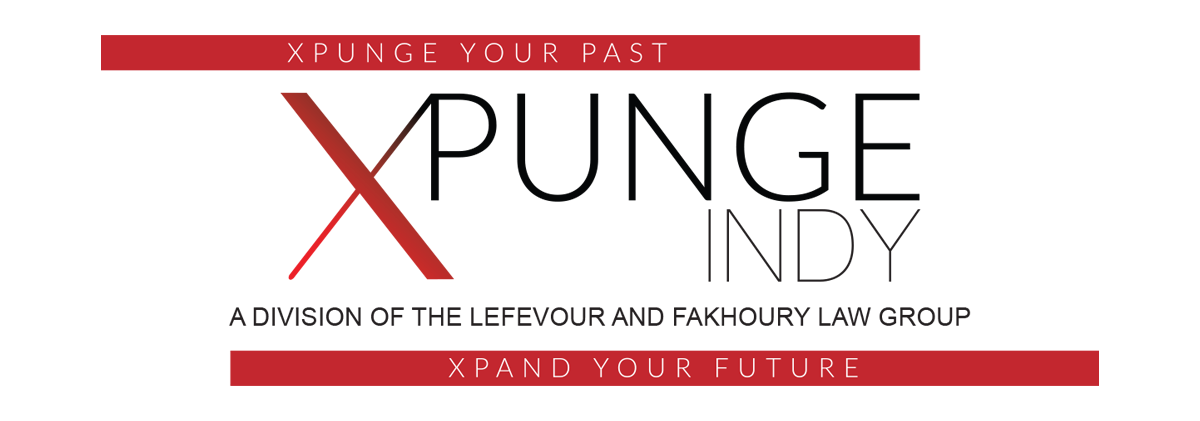
If you’ve ever been convicted of a crime, you’re likely well-aware of the initial consequences: fines, probation, or even jail time. But after serving your time or paying your dues, you might feel you should be able to move on. However, a criminal record can follow you longer than you might think. That’s where the possibility of expungement or sealing your record comes into play.
Can Having a Criminal Record Negatively Impact Your Life?
This guide explains the following:
- Job Opportunities and Career Growth
- Applying for Housing
- Higher Education and Scholarships
- Personal Relationships and Reputation
- Financial and Credit Implications
Here’s a closer look at each.
Job Opportunities and Career Growth
In the age of transparency, many employers prioritize background checks as part of their recruitment process. When a potential employer comes across a criminal record, it often raises concerns about reliability, trustworthiness, or company reputation. Even if your skills and qualifications align perfectly with the job, that record can overshadow your achievements, causing employers to hesitate. And this isn’t just a hurdle for job seekers. For those already in employment, a criminal record can act as a ceiling, limiting upward mobility. You might be the perfect fit for a managerial role or a position abroad, but that past conviction can make employers think twice about offering promotions or transfers. Essentially, what’s in the past can shape your professional future, potentially hampering career aspirations.
Applying for Housing
Finding the perfect place to call home is a journey in itself, and a criminal record can introduce unwanted detours. Landlords and property management companies prioritize the safety and security of their properties and existing tenants. When they see a criminal record, it can raise concerns about potential risks, even if the recorded offense has no relevance to housing. This can result in declined applications, limiting your options and forcing you to settle for less-than-ideal living conditions. It’s not just about having a roof over your head, but about securing a home that aligns with your aspirations and lifestyle.
Higher Education and Scholarships
The pursuit of higher education is about growth, but a criminal record can be a stumbling block. Colleges and universities, aiming to maintain safe campuses and uphold their reputations, might be wary of admitting students with criminal backgrounds. This hesitancy can also extend to scholarship opportunities. Many scholarships have character or moral clauses, and a criminal record can be interpreted as a breach of these conditions. This can limit access to education, making it challenging for individuals to pursue their academic dreams or change career paths.
Personal Relationships and Reputation
As humans, our evolution and growth are continuous, but a criminal record remains static. Personal relationships are built on trust, and a criminal record can introduce doubt in the minds of potential partners, friends, or even long-lost family members reconnecting after years. The stigma of a criminal record can lead to prejudgment, with individuals being defined by their past mistakes rather than their present selves. It can also create barriers in community involvement, be it volunteering at a local event or joining a neighborhood group, as individuals might be wary of associating with someone with a recorded offense.
Financial and Credit Implications
Financial stability and growth are cornerstones of modern life, and a criminal record can introduce unexpected challenges in this domain. Some specific convictions, especially those related to financial malfeasance, can directly impact credit scores. Even if the offense isn’t directly financial, the existence of a record can raise red flags for lenders. Banks and credit institutions rely heavily on trust and reliability metrics. A criminal record can categorize an individual as high risk, leading to higher interest rates on loans or even outright denials. This can affect major life milestones, from buying a home to starting a business, as the financial scaffolding becomes less accessible.
FAQ About Having a Criminal Record
Check out these commonly asked questions about having a criminal record and its implications. If you don’t see the answers here, please call our office and we’ll get you the information you need.
What’s the Difference Between Expungement and Sealing a Record?
Expungement effectively erases the record, making it as if the event never happened. Sealing a record means it’s hidden from most public searches but can still be accessed by law enforcement.
How Do I Know if I’m Eligible for Expungement in Illinois?
Eligibility varies based on the type of crime and how much time has passed since the conviction. A lawyer with experience in this field can help determine if you’re eligible.
Does Expungement Guarantee No One Will Ever Know About My Conviction?
While expungement removes the record from most standard background checks, certain agencies, especially those related to law enforcement, might still access these details.
How Long Does the Expungement Process Take in Illinois?
The duration varies depending on the specifics of your case. After filing the necessary paperwork, it might take several months before the court processes and approves the request.
If I Was Only Arrested and Not Convicted, Is That Still on My Record?
Yes, arrest records show up even if there wasn’t a conviction. However, you can expunge arrest records.
While this guide provides an overview of the potential challenges a criminal record can introduce into your life, remember that every situation is unique. If you’re looking to make a positive change and reduce the influence of your past on your future, seeking legal advice on expungement or sealing your record is a step in the right direction.
Do You Need to Talk to an Attorney About Expungement or Sealing?
If you’re tired of your criminal past coming back to bite you, we may be able to help. Call us right now at 847-920-4540 or fill out the form below so we can talk about your case.
Oops! We could not locate your form.














